![]()
Tue, June 07, 2011 | Asia Times Online | By Spengler
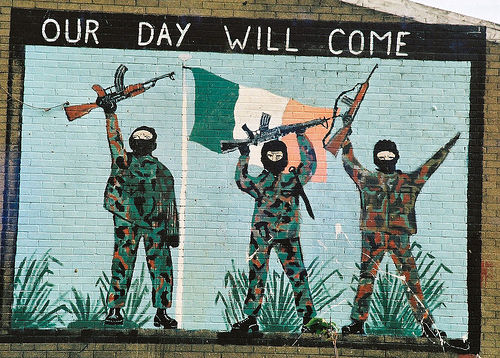
Here you can see some large graffiti painting supporting the various paramilitary groups. The Top picture represents the UVF (Ulster Volunteer Force) while the 2nd picture represents the IRA (Irish Republican Army). (Source: http://www.queensenglish.com.pl)
Israel, Ireland and the peace of the aging
Sometimes, the best thing to do is nothing at all.
A generation from now, the Palestinians will make peace with Israel, for a simple reason: they will grow up — literally. Palestinian Arabs comprise one of the fastest-aging populations in the word.
United States President Barack Obama was misinformed when he told the America-Israel Political Action Committee May 22 that “the number of Palestinians living west of the Jordan River is growing rapidly and fundamentally reshaping the demographic realities of both Israel and the Palestinian territories”.
In fact, Palestinian fertility on the West Bank has already converged on the Israeli fertility rate of three children per woman, if we believe the Palestine Ministry of Health rather than the Palestine Authority’s Statistics Bureau.
There is endless debate about the Palestinian population numbers. Israel’s peace party has advanced the “demographic argument” for years, and has been consistently wrong. The decisive data point is that Palestinian Arab fertility has plunged and, in consequence, the Arab population will age rapidly. That augurs well for peace, a generation from now. After three-quarters of a century of warfare, starting with the 1937 Arab uprising against British rule in Palestine, it’s not a hardship to wait one more generation.
In this regard,the Northern Ireland peace agreement of 1998 is worth revisiting. At the Obama White House, the Irish sense of victimhood blends easily with the president’s own anti-colonial resentment, and the Third World sympathies of such advisers as the Iranian-born Valerie Jarrett.
Ireland has been the White House template for a “peace process”, which is why Obama brought in as chief negotiator former Senator George Mitchell, who negotiated the Irish settlement in 1998. Samantha Power, Obama’s foreign policy aid in the Senate and now head of the National Security Council’s human rights desk, figures prominently in the president’s inner council. Born in Dublin, Power brings the sensibility of post-Catholic Ireland to international affairs: sensitivity to minority rights, horror at violence, and an urge to wield military power on behalf of beleaguered ethnic groups.
Power persuaded the president to intervene in Libya to save civilian lives, perhaps the silliest and least successful use of American arms since the founding of the republic. Like Ireland’s president Mary Robinson, the former human rights chief at the United Nations whom Obama gave the Presidential Medal of Freedom, Power identifies the Palestinians with the Catholic Irish, as a putative victim oppressed by a colonial power.
Leave aside the obvious differences (for example, every Catholic cleric of standing denounced Irish Republican Army terrorism, while plenty of prominent Muslim clerics endorse suicide bombing). Time heals some wounds. Northern Ireland’s guerilla war between the Protestant majority and the Catholic minority ended in 1998 for a number of reasons.
Prominent among them was the simple fact that the hell-raising youngsters of the 1970s had become middle-aged fellows with jobs and families. Former Senator Mitchell negotiated the “Good Friday” agreement that effectively ended the conflict. But he resigned in frustration last month as President Obama’s negotiator in the Middle East.



 RSS
RSS

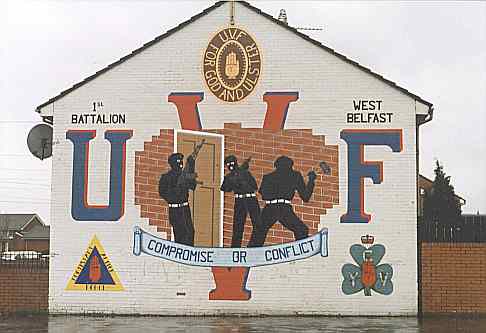

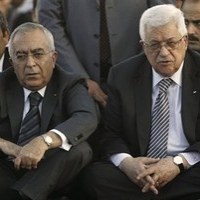
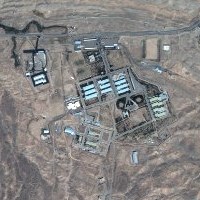
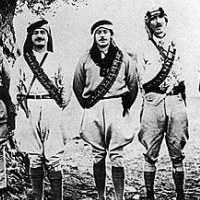





Latest Comments
Hello Mike, Thank you for your positive feedback to the article. I felt there wasn’t too much critical analysis of ...
Thanks for this considered and well constructed article. A follow up article on the manner in which the editorial contro...
THE CLUELESSNESS OF CLAIMING THAT OBAMA'S MIDDLE EAST POLICIES WERE A FAILURE CANNOT BE FURTHER FROM THE TRUTH, WHAT THE...
As long as Obama is the president of the usa do not trust the us government......
Thank you for an good read....